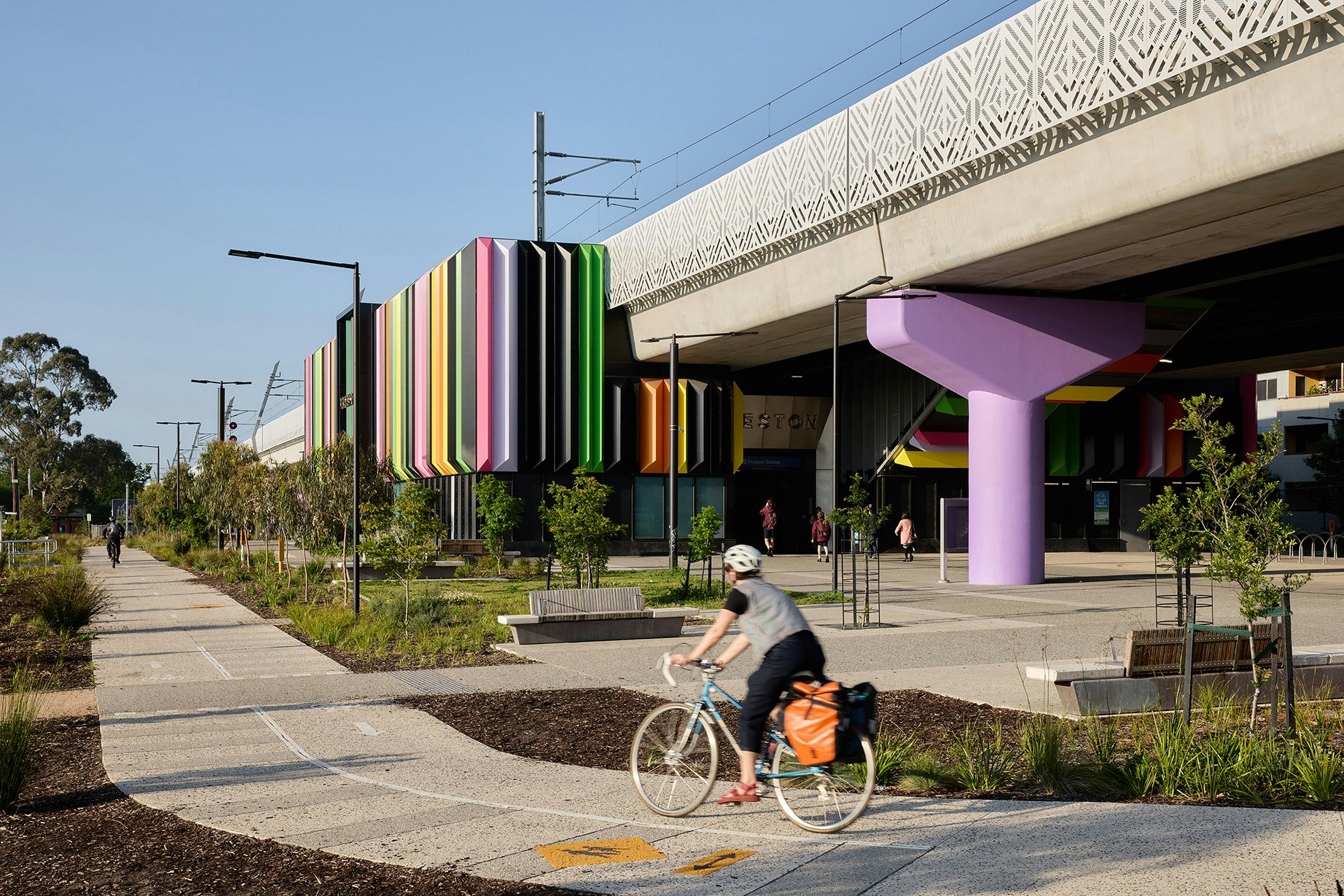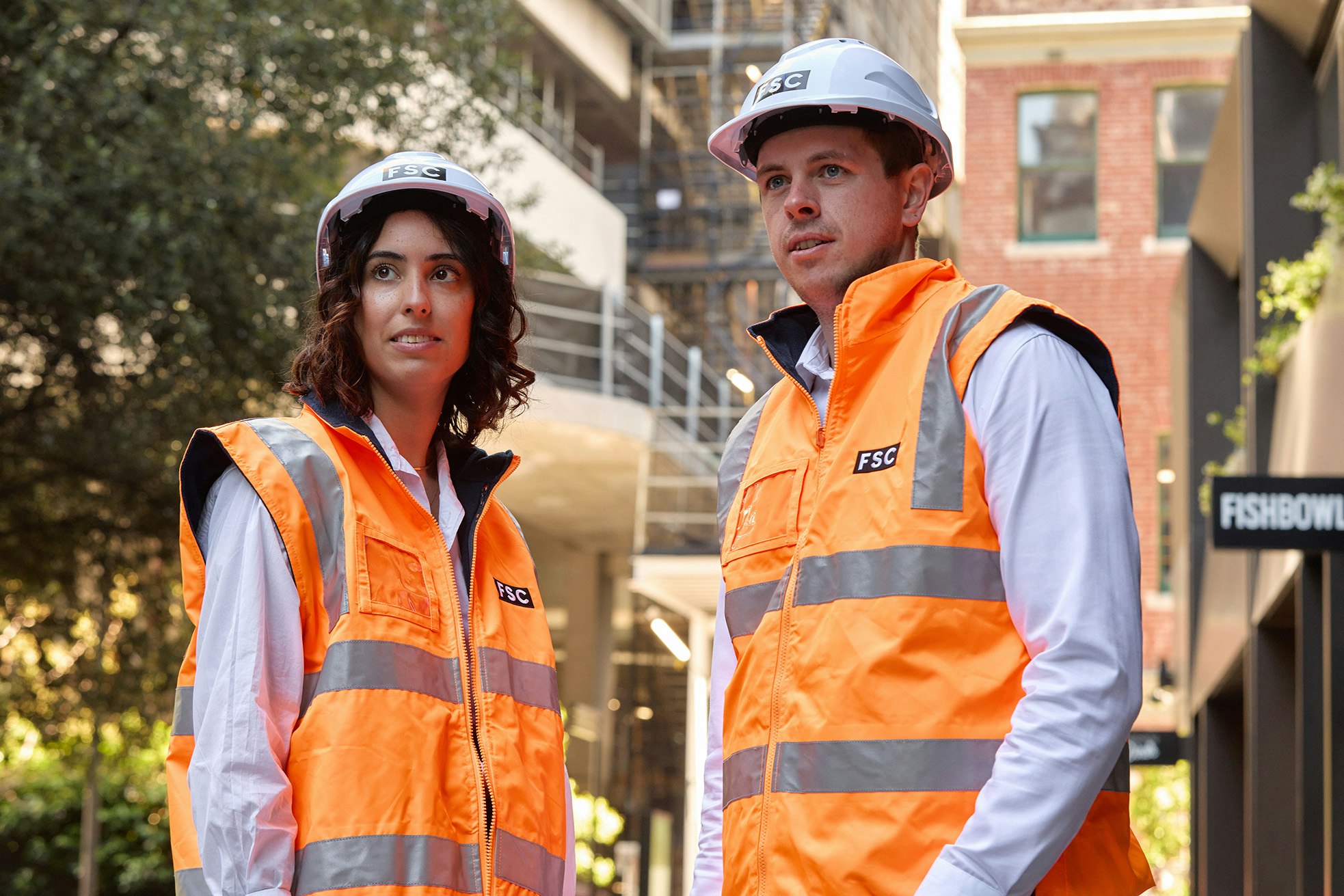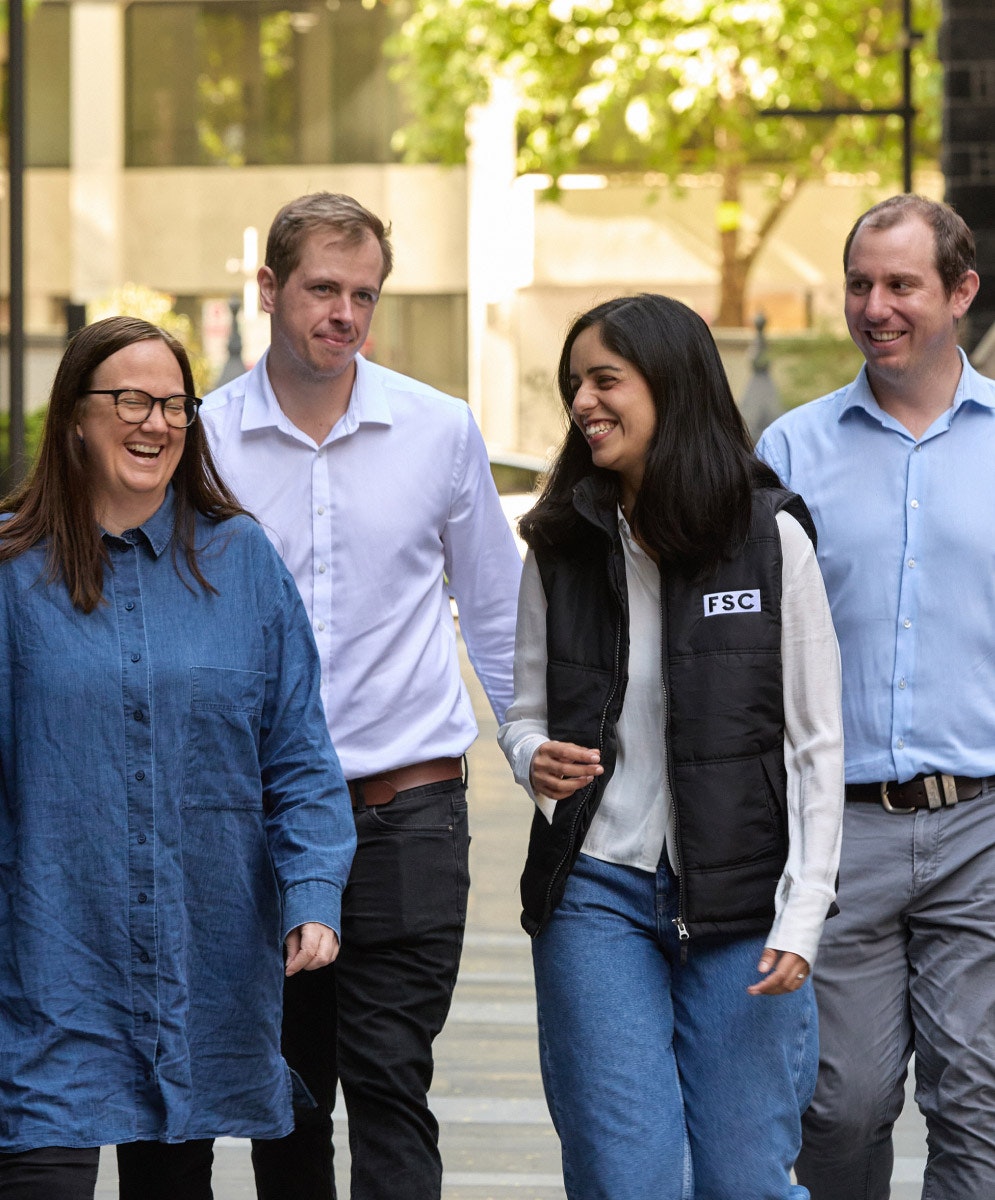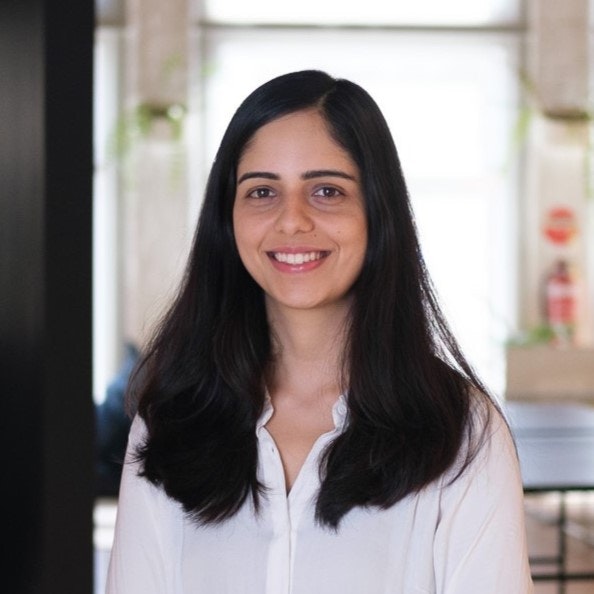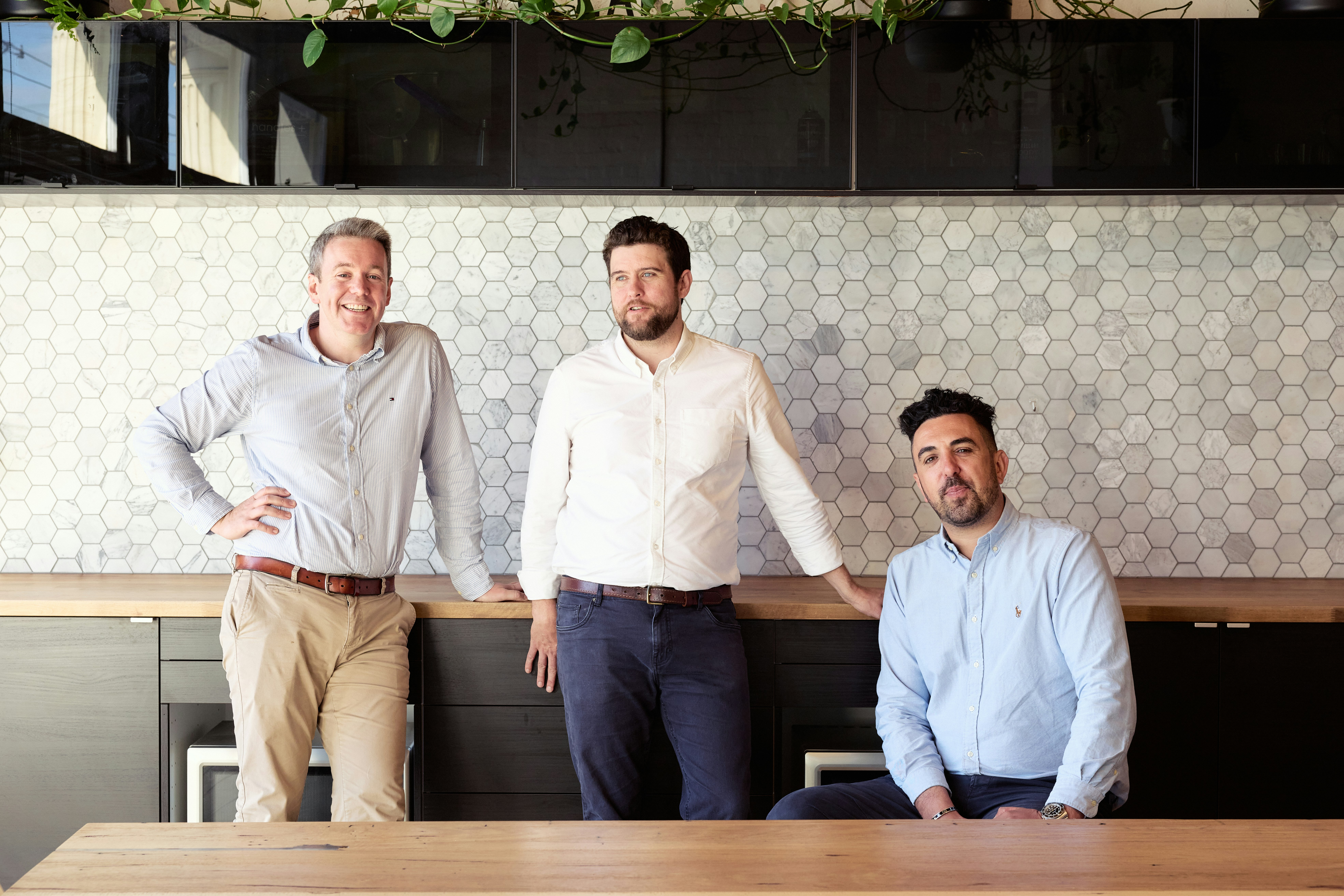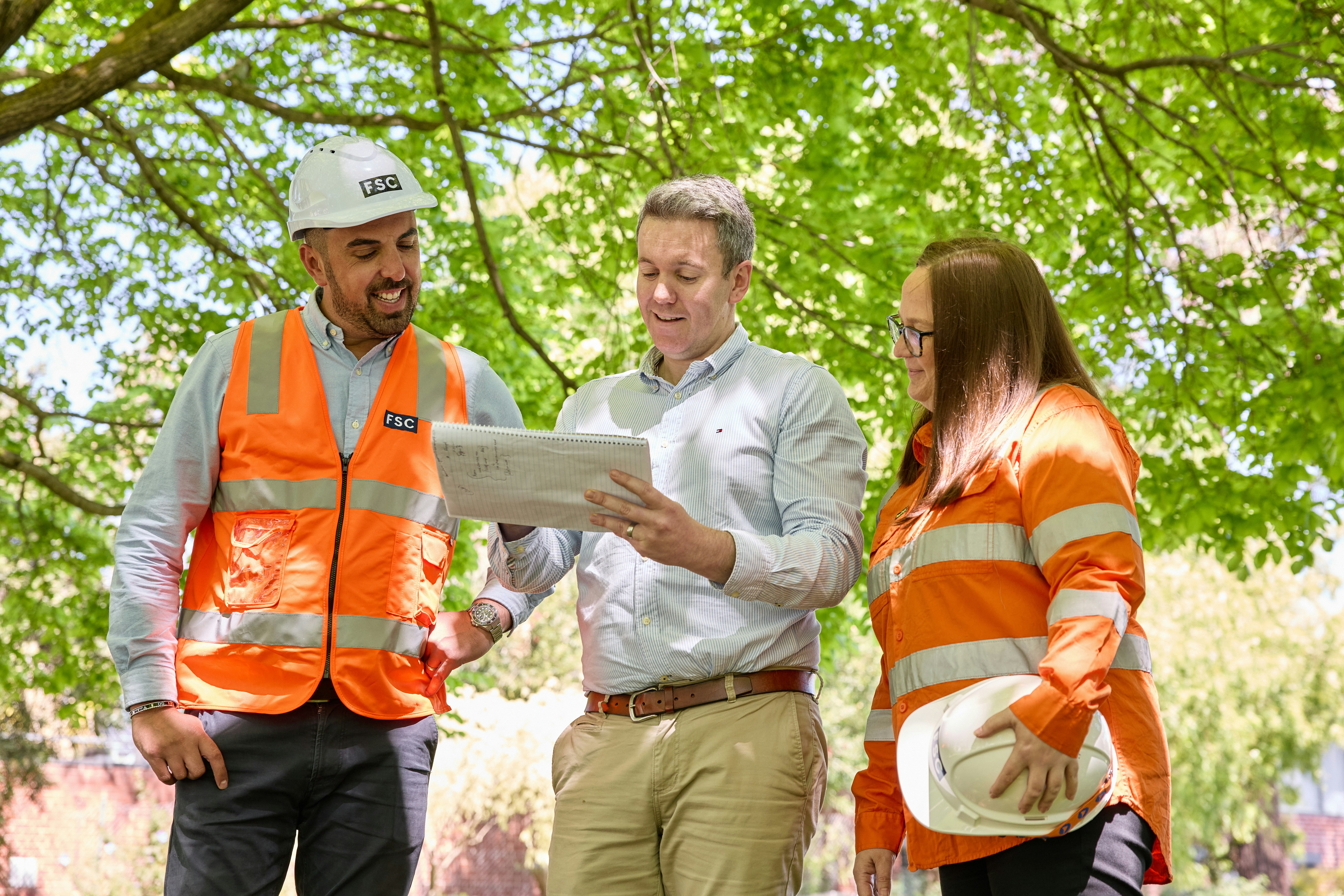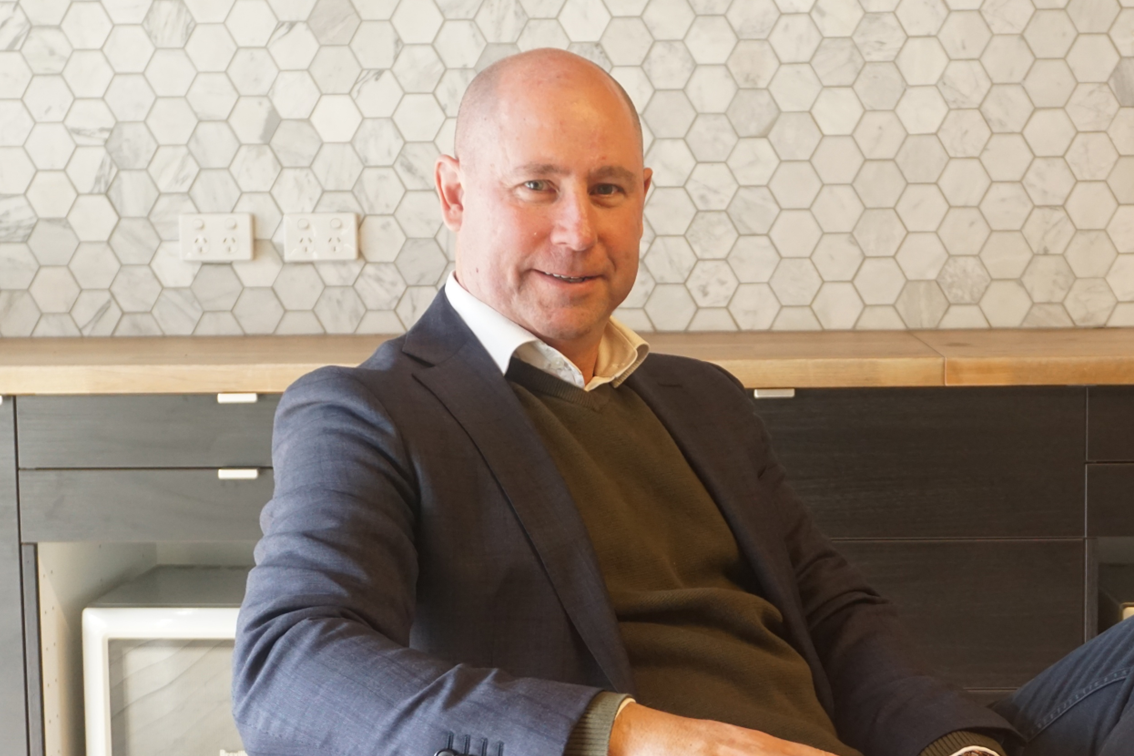FSC’s employee-owned business model allows permanent employees who have been in the business for more than 2 years to acquire shares in the company. The company gets an independent valuation every year which informs the board’s decision on the number of shares to be released. Every employee reaching the two-year milestone, regardless of their position, receives an invitation to purchase shares. To ensure broad ownership, there is a limit on the maximum number of shares an individual employee can own. Lachlan adds, “Shareholders vote on broad decisions at shareholder meetings, but we wanted to extend involvement in varied aspects of FSC. As a result, we introduced a feature allowing non-founder shareholders to be voted onto board seats, actively participating in strategic decisions. Currently, we have reserved two board seats for non-founder shareholders.” Lachlan adds, “We wanted people to be rewarded through good returns while they own the shares, rather than a large windfall when they eventually sell them.”
In the first year that FSC opened up ownership to its employees, it welcomed 18 new shareholders. By the end of the second year, the total number of employee shareholders jumped to 28. Lachlan, reflecting on the impact of this change in the ownership model on FSC says, “This shift has enabled our employees to see the big picture and they are more excited about the company’s successes now that they have a stake in its ownership. I have also seen a more cohesive environment develop with traditional silos being broken down.” Lachlan further notes, “This also creates a sense of duty amongst the management team as they feel an additional responsibility towards employee investments.”
As for the future of FSC, Lachlan hopes that the company continues to attract skilled individuals who eventually become shareholders in the business. In the short term, the founders will be actively involved in the operations and growth of FSC. In the medium to long term, they hope to create a pool of talented employees who will have a stake in FSC and come together to shape its future trajectory.
As Lachlan puts it, “The future will hold what the shareholders collectively want.”
